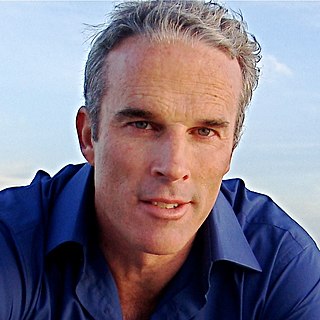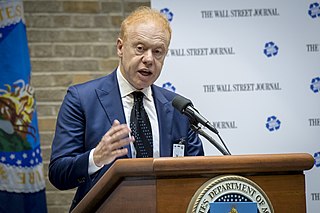A Quote by David Suzuki
With an estimated population of nine billion people by 2050, we cannot continue to consume resources at the same rate and maintain our quality of life.
Related Quotes
Contrast 1968, when the CEO of General Motors took home, in pay and benefits, about sixty-six times the amount paid to a typical GM worker. Today the CEO of Wal-Mart earns nine hundred times the wages of his average employee. Indeed, the wealth of the Wal-Mart founder's family in 2005 was estimated at about the same ($90 billion) as that of the bottom 40% of the US population: 120 million people.
Some global hazards are insidious. They stem from pressure on energy supplies, food, water and other natural resources. And they will be aggravated as the population rises to a projected nine billion by mid-century, and by the effects of climate change. An 'ecological shock' could irreversibly degrade our environment.
The Joint Committee on Taxation estimated that in 2016, the corporate income tax raised $300 billion in revenue, while what it called 'targeted subsidies' cost about $270 billion. In other words, Congress could eliminate the subsidies and cut the corporate rate nearly in half without any significant loss in revenue.





































